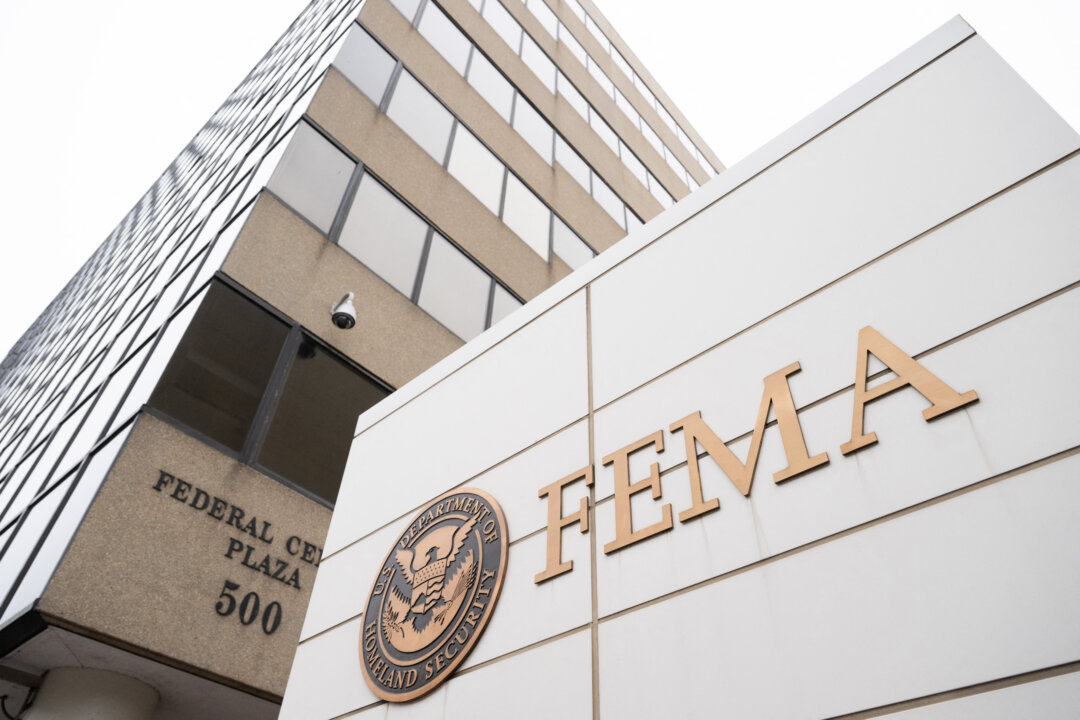It’s Earth Day, a time for reflection on how Hawaii is meeting its longstanding commitments to the environment, which is in increasingly fragile condition. Witness the effects of erosion, invasive species and alternating cycles of drought and flooding on the islands. It’s Earth Day, a time for reflection on how Hawaii is meeting its longstanding commitments to the environment, which is in increasingly fragile condition.
Witness the effects of erosion, invasive species and alternating cycles of drought and flooding on the islands. Marshalling some untapped funds from the state’s tourism base is one strategy for success. And Senate Bill 1396, the most viable vehicle to accomplish this task, is running out of time to emerge for a final vote.

The measure is one of three approaches Gov. Josh Green has favored for establishing, at long last, a “green fee” to help underwrite the cost of environmental projects to address the impact of climate change on the islands. Of the trio of ideas, though, this bill would be this session’s sole survivor.
(function(d,s,n){var js,fjs=d.getElementsByTagName(s)[0];js=d.createElement(s);js.
className=n;js.src="//player.ex.
co/player/bdc806f4-0fc1-40a1-aff0-a3d5239c169c";fjs.parentNode.insertBefore(js,fjs);}(document,"script","exco-player")); SB 1396 Senate Draft 3, House Draft 3 is positioned to move into conference committee to reconcile differences between House and Senate versions of the bill: Conferees are named but meetings have not begun, and all legislation involving appropriations, as this one does, must be put on deck for final votes by Friday.
The proposal is to increase the transient accommodations tax and assess the TAT on cruise ships along with the hotel and lodging establishments that pay it now. Among other provisions, the bill would appropriate an as-yet undetermined amount of funds to the Department of Land and Natural Resources for the “successful mitigation of and adaptation to climate change.” The state must fatten its Special Land and Development Fund to increase stewardship of Hawaii’s natural resources.
This has become more critical this year with anticipated cuts in federal dollars that otherwise support state needs. There is no shortage of evidence about the increasing environmental strains requiring attention. Erosion due to sea-level rise is measurable throughout the state, nowhere more noticeable than along the resort frontage of Waikiki.
One eye-popping example currently in the news comes from the Waikiki Beach Special Improvement District Association, which has a plan for Waikiki beach restoration with costs in the range of $30 million to $60 million. Dolan Eversole, a University of Hawaii coastal processes specialist, rightly argues that a district that brings in $2 billion a year merits this investment. There is also the tragic result of a failure to manage drought impacts: the destruction of Lahaina in the 2023 wildfires.
And, there are floods for which the state’s coastal highways require considerable realignment. There is basic upkeep of parks, trails and other lands where invasive species have added to the environmental pressure. The governor, who has advocated for the green fee but has come up short on votes in multiple legislative sessions, has lowered his ask for a TAT increase from 1.
7% to 1%, which seems more reasonable, given the current fiscal shortfall. Not surprisingly, the cruise-ship expansion of the TAT has generated considerable industry pushback. This may be an element that won’t make the cut, but that shouldn’t stop the whole initiative.
At a minimum, a slight increase to the TAT dedicated to mitigation projects is justified for enactment this year. Two other funding approaches appear to face high hurdles: >> SB 439, which would direct the state land board to adopt rules establishing user fees visitors would pay to access parks and trails; and, >> SB 1395, which has even slimmer chances, would divert interest revenue from the state’s rainy-day fund to finance mitigation projects. Making a final push to pass SB 1396 would be the best bet for a legislative win and, more importantly, a surer path for Hawaii’s environmental protection.
.
Politics

EDITORIAL: Pass green fee bill to fund climate resilience

It’s Earth Day, a time for reflection on how Hawaii is meeting its longstanding commitments to the environment, which is in increasingly fragile condition. Witness the effects of erosion, invasive species and alternating cycles of drought and flooding on the islands.















